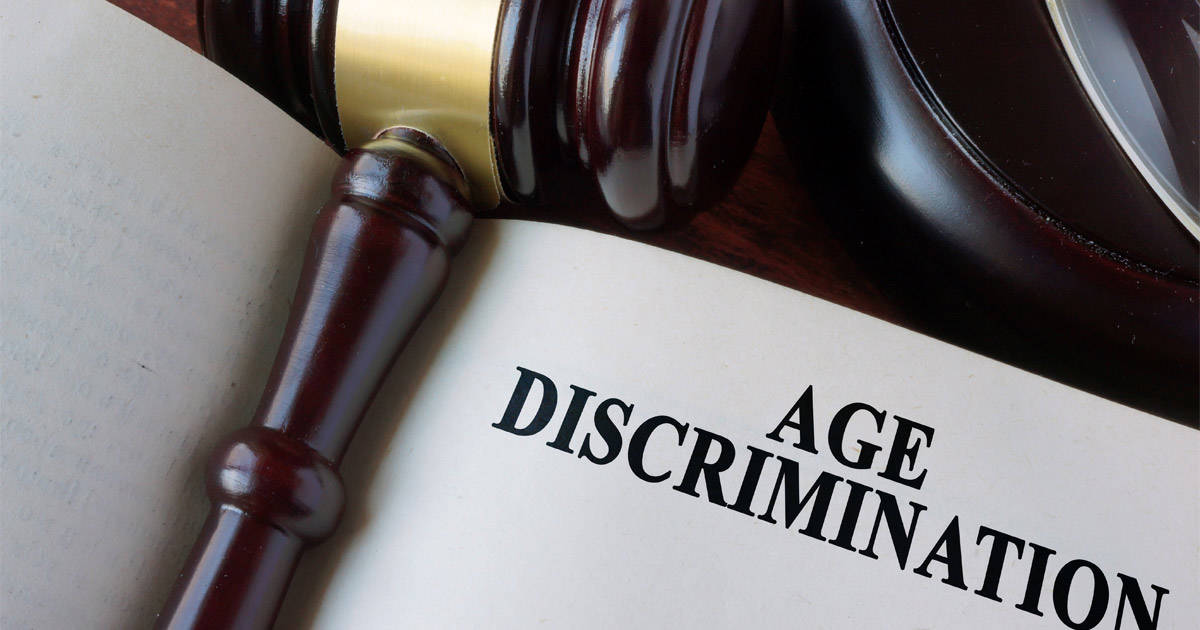A recent study found that charges related to age discrimination in the workplace doubled from 1990 to 2017. This targeted employees who were 65 years old and older. This is a surprising fact given that the Age Discrimination in Employment Act (ADEA) prohibits discrimination against employees who are aged 40 years and older. Age discrimination can take many forms, involving:
- Recruitment and hiring: If applicants are not chosen for a job because of their age, it is a form of discrimination.
- On-the-job bias: This occurs when older workers have fewer opportunities for training, advancements, rewards, or they are subjected to harassment on the job.
- Termination: This occurs when older workers are targeted for layoffs or are encouraged to retire.
Problems with EEOC
Critics of the Equal Employment Opportunity Commission (EEOC), the federal agency that is charged with investigating cases of workplace discrimination, have argued that the agency is not adequately addressing a majority of discrimination cases. The EEOC can either attempt to resolve the matter amicably or choose to litigate the case on the claimant’s behalf. Often, the agency will attempt to get a class of litigants to show a pattern of age discrimination. Over the years, the agency’s priorities have shifted as cultural practices and attitudes have changed. Some wonder if age discrimination has fallen further down the list of the agency’s highest priorities.
AARP Defends Older Workers
The AARP, a nonprofit organization that represents the interests of Americans who are aged 45 years and older, points out that older workers have a wealth of knowledge in their fields. Many older workers are still performing at the same level as those many years younger than them. Employers should judge the individual and not the person’s age.
AARP also points out that the federal government itself, which houses the EEOC, has inherent age biases in certain job requirements. For example, certain federal law enforcement officers must retire at 47 years old, and air traffic controllers must retire at 56 years old. If a private sector employer sees these types of federal rules withstanding legal challenges, they may choose to impose similar rules as well. Whether private industries should be held to a different standard should be considered.
Philadelphia Employment Discrimination Lawyers at The Gold Law Firm P.C. Advocate for the Rights of Older Workers
If you believe you were discriminated against at work, it is best to speak to one of our experienced lawyers today. Our Philadelphia employment discrimination lawyers at The Gold Law Firm P.C.. can evaluate your particular situation with the evidence available and provide advice on the next steps. To schedule a free consultation, contact us online or call us at 215-569-1999. Located in Philadelphia, Pennsylvania and Pennsauken, New Jersey, we represent discriminated workers throughout southeastern Pennsylvania and South Jersey, including Wilkes-Barre, Scranton, northeast Philadelphia, Bucks County, Chester County, Delaware County, and Montgomery County.



































